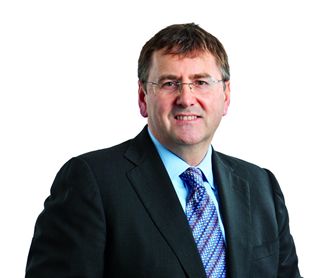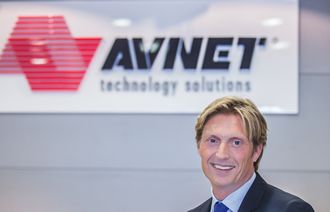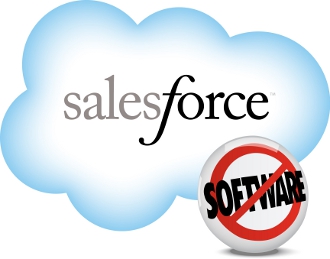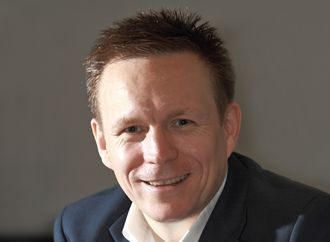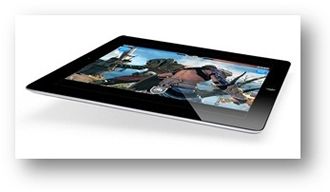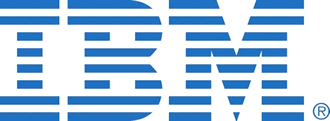 Worldwide shipments of servers only grew 1.9 percent in the third quarter of this year, but revenues fell 2.1 percent compared to the same quarter last year. Big Blue fared particularly badly.
Worldwide shipments of servers only grew 1.9 percent in the third quarter of this year, but revenues fell 2.1 percent compared to the same quarter last year. Big Blue fared particularly badly.
That’s according to the Gartner Group, which said that the worldwide server market is continuing to show weak performance.
There were some bright spots – the Canadian market grew by 6.5 percent, EMEA by 12.1 percent. But the US only showed 0.9 percent growth.
On the X86 server front, units grew by only 2.1 percent year on year but 4.4 percent in revenue. RISC, Itanium and Unix servers fell by 4.5 percent in shipments and 31 percent in revenues.
HP is king of the worldwide server castle, folllowed by IBM, Dell, Cisco and Oracle.
Blade servers fell by 1.5 percent in shipments while racks grew by 2.6 percent in shipments but fell by 1.8 percent in revenues.
Europe fared badly overall, with revenues down 4.3 percent compared to the same quarter.
Gartner analyst Adrian O’Connell said: “Ther performance of server shipments and revenue in EMEA is in a downward spiral. Revenue has now declined for nine consecutive quarters and shipments have declined for eight.”
He said server revenues across EMEA is at its lowest level for over 15 years.
IBM fared particulalry badly, seeing its revenues fall by 19.2 percent. O’Connell said that the EMEA market is “resetting itself” for vendors that relied on high end platforms. He said the fourth quarter is also expected to be weak.

